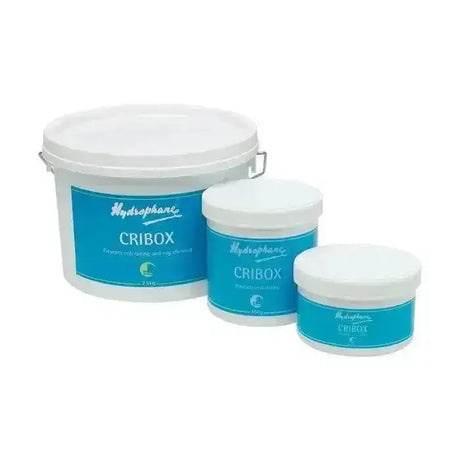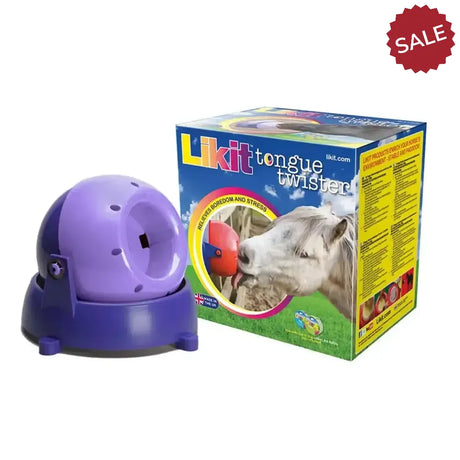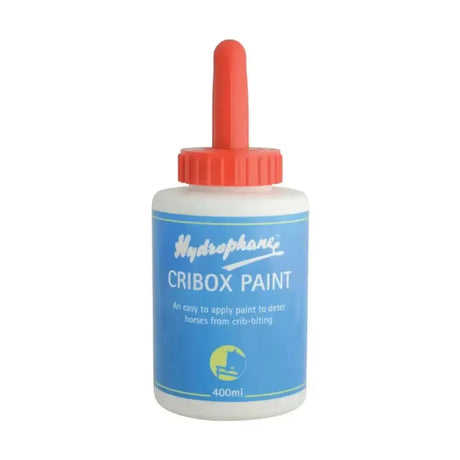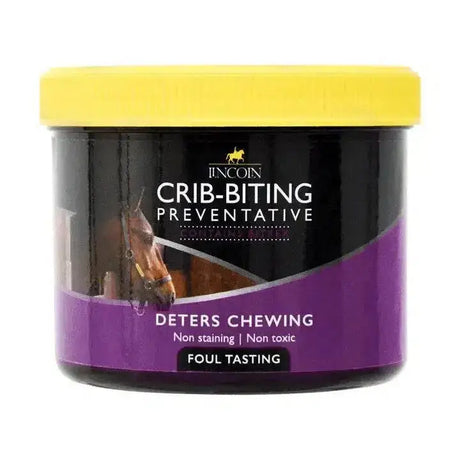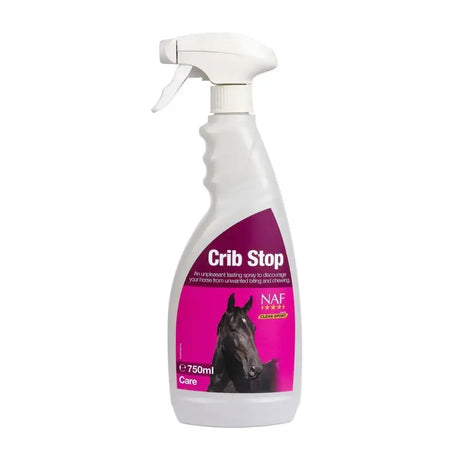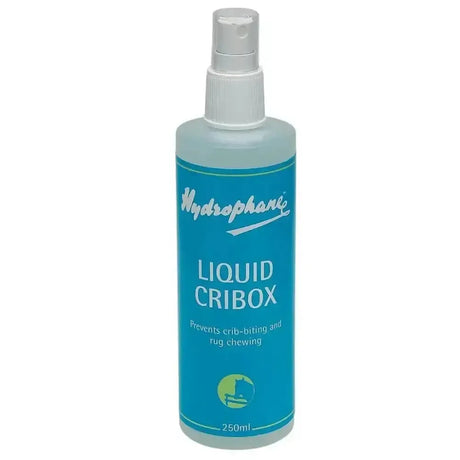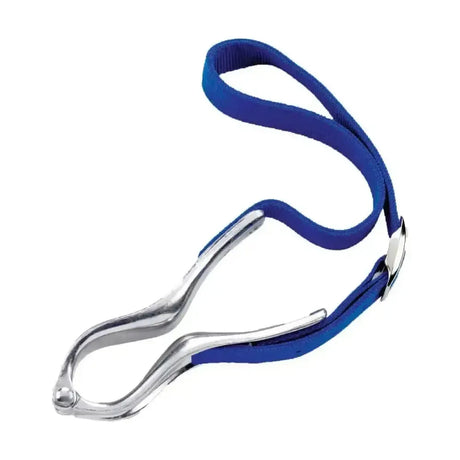Crib Biting & Horses Wind Sucking
Crib biting (also known as cribbing) and wind sucking are common equine behaviors that are considered stereotypies or repetitive, habitual behaviors. These behaviors are often associated with boredom, stress, or other environmental factors. Although these actions may seem harmless at first, they can have long-term effects on a horse's health and well-being.
1. Crib Biting (Cribbing):
-
Description: Crib biting occurs when a horse grabs a stationary object (like a fence, stall door, or feed bucket) with its teeth and pulls back, arching its neck while making a distinctive grunting noise. The horse will often swallow air in the process, which can lead to various digestive issues.
-
How It Happens: The horse places its upper incisors on a solid object, pulls back, and contracts its neck muscles. This is often accompanied by the sound of the horse gulping air, which leads to wind sucking.
2. Wind Sucking:
-
Description: Wind sucking is similar to crib biting but doesn't involve the horse grasping an object. Instead, the horse simply arches its neck and sucks in air, creating a distinctive sound. Some horses wind suck without engaging in cribbing behavior.
-
How It Happens: The horse arches its neck, draws back its head, and swallows or gulps air into its esophagus.
Causes of Crib Biting and Wind Sucking:
These behaviors are generally considered to be responses to stress, boredom, or frustration. Several underlying causes may lead to crib biting and wind sucking, including:
1. Boredom and Lack of Stimulation:
- Horses kept in confinement for long periods without sufficient physical or mental stimulation are more likely to develop stereotypies like cribbing and wind sucking.
-
Prevention: Providing more turnout time, regular exercise, and environmental enrichment (such as toys or other horses to interact with) can help prevent or reduce these behaviors.
2. Stress or Anxiety:
- Stressors such as changes in routine, limited social interaction with other horses, or poor living conditions (e.g., small stalls or overcrowded barns) can trigger these behaviors.
- Horses that are prone to anxiety or have experienced significant changes in their environment may turn to cribbing or wind sucking as a coping mechanism.
3. Dietary Factors:
- Horses fed a high-concentrate, low-fiber diet may be more prone to crib biting. This could be due to the discomfort of stomach acid buildup, as chewing and saliva production (which occurs more with high-fiber diets like hay) help buffer stomach acid.
-
Prevention: Offering more forage (hay or pasture) and reducing the amount of grain or concentrate feed can help reduce the urge to crib. Horses need to spend more time chewing and grazing, which keeps them busy and provides mental and physical stimulation.
4. Gastrointestinal Issues:
- There is some evidence to suggest that cribbing and wind sucking may be linked to gastric ulcers or other gastrointestinal discomfort. Horses may engage in these behaviors as a way of relieving discomfort.
-
Prevention: Providing free-choice forage and offering ulcer-preventative treatments (such as omeprazole) may help horses with ulcers reduce cribbing behavior.
5. Learned Behavior:
- In some cases, horses may learn cribbing or wind sucking by observing other horses. This is more likely in stable environments where horses spend long periods in close proximity to one another.
Potential Health Risks of Crib Biting and Wind Sucking:
While these behaviors may seem harmless, they can lead to a number of health and management concerns:
1. Dental Wear:
- Horses that crib excessively can wear down their incisors (front teeth) over time. This can cause long-term damage to their teeth, making it difficult for them to graze or eat properly.
2. Weight Loss:
- Horses that spend large amounts of time cribbing or wind sucking may neglect eating or grazing, leading to weight loss or poor body condition.
3. Colic:
- Although it's not entirely clear how wind sucking and cribbing affect the digestive tract, some horses that crib or wind suck are thought to have a higher risk of colic, particularly gas colic. The act of swallowing air may lead to an accumulation of gas in the digestive tract.
4. Gastric Ulcers:
- Cribbing may both result from and exacerbate gastric ulcers, as the behavior is sometimes seen as a way for horses to cope with gastric discomfort. The release of saliva during cribbing may help buffer stomach acid temporarily, but it does not address the underlying cause.
Management and Prevention of Crib Biting and Wind Sucking:
1. Increase Turnout and Socialization:
- Providing horses with plenty of turnout time can reduce cribbing and wind sucking, as horses have more opportunities for natural behaviors like grazing and socializing with other horses. Horses kept in herds or in paddocks with companions are less likely to develop stereotypies than those kept alone in stalls.
2. Enrich the Environment:
-
Toys and other forms of enrichment in the stall or paddock can help reduce boredom. This might include balls, treat dispensers, or hanging toys that engage the horse’s curiosity.
-
Slow feeders or hay nets can also keep horses busy for longer periods and encourage more natural grazing behavior.
3. Dietary Changes:
-
High-fiber diets that encourage constant chewing (such as hay or grass) can help reduce the likelihood of cribbing and wind sucking. Reducing the amount of grain in the horse’s diet can also help prevent excess gastric acid production, which may alleviate discomfort that leads to these behaviors.
4. Cribbing Collars:
-
Cribbing collars are designed to prevent horses from arching their necks and applying pressure when attempting to crib. These collars apply pressure to the throatlatch area, discouraging the horse from performing the behavior.
-
Note: While cribbing collars can reduce or stop cribbing behavior, they do not address the underlying cause and may not be a long-term solution.
5. Ulcer Treatment:
- If the horse is suspected to have gastric ulcers, treating the ulcers with appropriate medications (such as omeprazole) can reduce the horse’s discomfort and potentially decrease cribbing or wind sucking.
6. Behavioral Training:
- Positive reinforcement and training methods that focus on reducing stress and encouraging alternative behaviors can be helpful. Working with a professional trainer or behaviorist may be beneficial for horses with severe cribbing or wind sucking problems.
Veterinary Intervention:
If crib biting or wind sucking is persistent or severe, it is important to consult a veterinarian. A thorough examination, including checking for gastric ulcers or other gastrointestinal issues, should be conducted to rule out any underlying health problems. In some cases, medications or dietary adjustments may be recommended to alleviate discomfort and reduce the behavior.
Conclusion:
Crib biting and wind sucking are complex behaviors that can have negative impacts on a horse's health and performance if left unaddressed. Understanding the potential causes, from boredom to gastrointestinal issues, is key to managing these behaviors. By making environmental, dietary, and management changes, along with consulting a veterinarian, horse owners can help reduce the occurrence of these stereotypies and improve their horse’s overall well-being.

